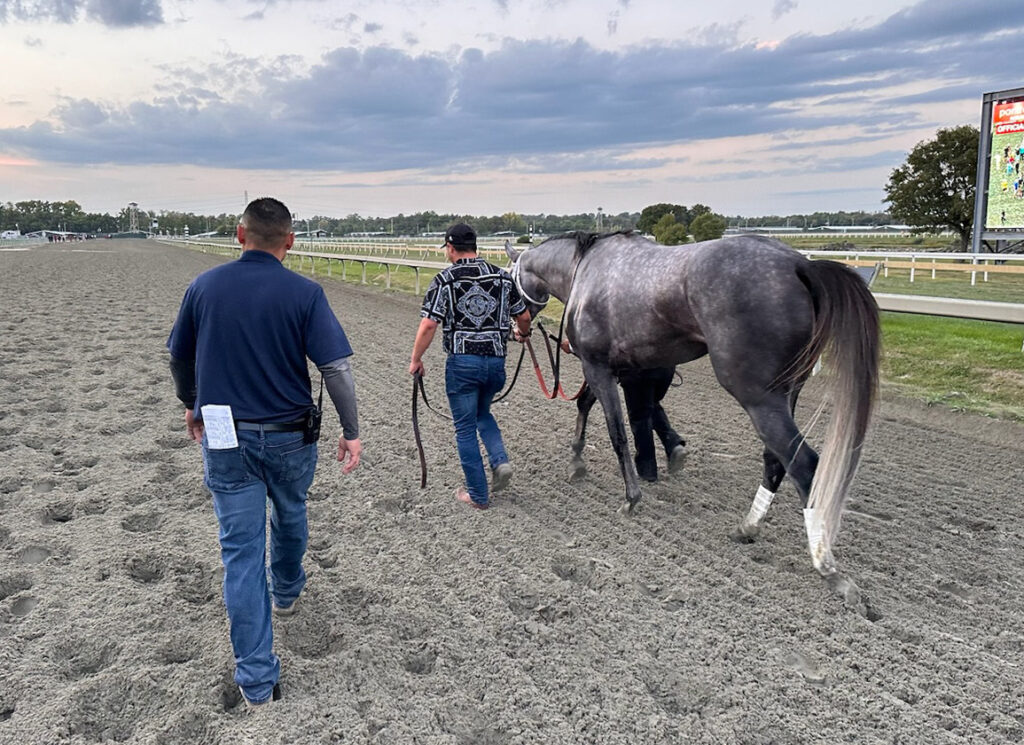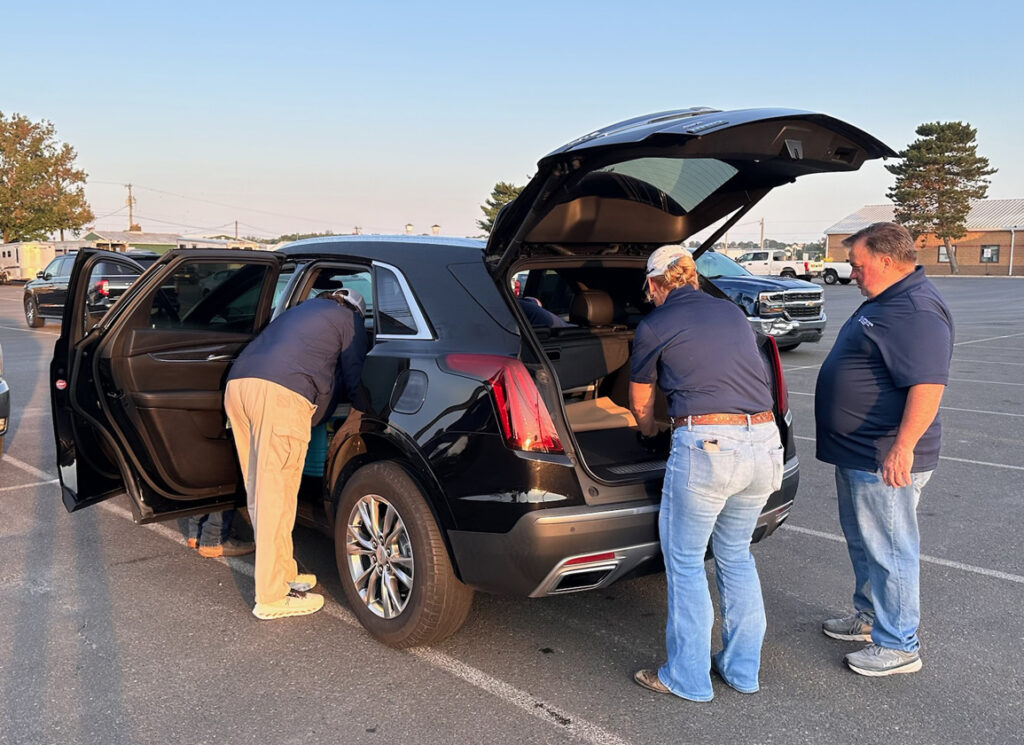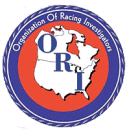
After Seize the Grey (Arrogate) wired the field to take home the GI Pennsylvania Derby on Saturday, Hall of Fame trainer D. Wayne Lukas celebrated in an overflowing Parx winner’s circle surrounded by a throng of jubilant MyRacehorse investors. Although not all of the some 2,570 shareholders were present, there was no way 400 strong were going to fit inside the track’s top enclosure.
With the safety of the winner of prime importance, a need to balance getting the colt’s picture taken with a mandatory trip to the test barn, plus making sure jockey Jamie Torres weighed in, someone needed to hatch a plan. Cue the equine integrity team.
“We know this is a really important moment for the horse’s connections,” said Jason Klouser, director of enforcement for the Pennsylvania State Horse Racing Commission (PSHRC). “But we need to enforce the rules and we can’t let 400 people jeopardize his integrity prior to him visiting the test barn, so we are trying to balance all these factors at once.”
Led by the PSHRC and blending in with their navy golf shirts, these investigators are trained for just such a moment and worked to move the MyRacehorse band out onto the track. Everyone smiled for the lenses, the two-time Grade I hero was safely escorted away, Torres hit the scales and Lukas answered questions from turf writers with his trademark enthusiasm.
Since 2017, the PSHRC’s integrity team has conducted searches from the track’s stable gate and backside in the lead up to the running of Parx’s Derby as they are on the lookout for any illegal activity.
“When we began conducting these integrity teams the central idea has always been about the horses,” Klouser said. “This is 100% from the regulatory standpoint and from the barn area to the paddock while racing is going on we are constantly vigilant. Looking for signs that horses are behaving normally and the same goes for the people handling them. This is our job and we take it seriously.”
Deploying racing integrity teams at major Pennsylvania racing events like the one at Parx has become the calling card of this racing commission who has continued to develop new approaches during their investigations.
The regulatory agency employs a dozen investigators across six state tracks, but for larger events they expressly supplement their integrity team with outside specialists from around the country for enhanced coverage.
Even though the state has Horseracing Integrity and Safety Authority (HISA) agreements in-place, members of this Derby week unit are not affiliated with that entity. The program is instead funded and supported by the PSHRC, the Pennsylvania Thoroughbred Horsemen’s Association and in this instance, Parx Racing.
This year’s team hailed from ten states outside of Pennsylvania and included three representatives from the British Horseracing Authority. A separate group was also onsite at Presque Isle Downs last Friday for that track’s Masters Stakes card.
Backside investigations and vehicle searches, which started at 4 a.m. ET on Thursday, Sept. 19, moved off of tips. Leads came through an ‘integrity hotline’ and that means that the group had to be nimble and in constant motion.
Coordination of this sort takes months of planning and is not something that is haphazardly accomplished. The model that the PSHRC has improved upon over the years began with four outside investigators. Since the times dictate complexity, targeted searches that are intelligence-based are needed, which requires a larger crew.
“Since I’ve been here our enforcement program and investigative responsibilities have evolved and we’ve found that this is the best way to do it,” Klouser said. “That’s why we work together with outside investigators who have a strong knowledge base of what to look for and the tips from our integrity hotline are essential.
All of the members of the Commission’s team at Parx that Klouser oversees are associated with the Organization of Racing Investigators (ORI), which is an entity who prides themselves on their ability to exchange tradecraft and call one another when advice is needed. It’s a network that most in racing rarely see or know about, and that is specifically the point.
“ORI members have a depth of experience that is specific to racing,” said Klouser. “We all work well together towards a common goal and that’s what makes this happen. If someone drops something or is acting suspicious or during a car search we see something is off, we are going to be there to catch up to them. We are going to enforce the rules laid down by the state.”

